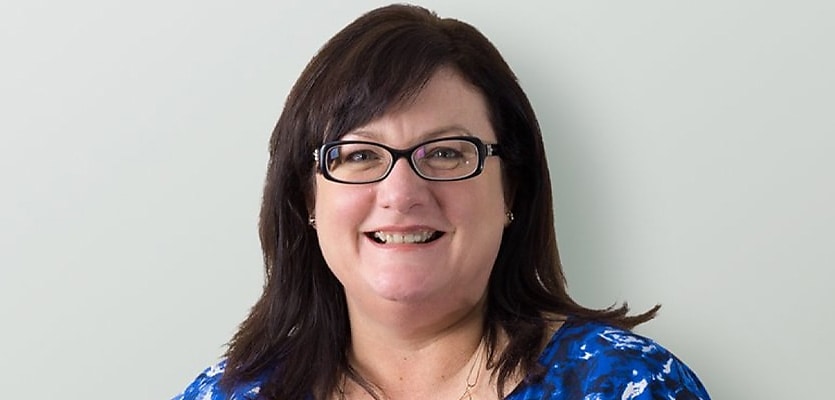Owner at Belle Property St George Michelle Read shares her triumphs and horror stories after 27 years of managing property, selling and eventually leading a practice.
How long have you been in property management, and how did your journey start?
I started in 1992 and did a bit of everything in my early career. Property management, then sales, then my own business.
You’ve seen a lot of change. How different does property management look now compared to 1992?
It has changed immensely, in good and bad ways.
In the 1990s, we took our own photos, had basically no technology, everything was handwritten, we had to count and carry cash, there was so much paperwork and a lot of room for error.
Now, the technology is ridiculous. Trust accounting is seamless compared to back then. Tenants just direct debit now. Everything is digital — bonds, contracts, the works. Technology has made a thousand per cent difference to how we work.
Those changes keep us a lot more accountable, too, because there is a time stamp and footprint for everything. That’s great, because property management now is a lot more litigious, and you need to have everything in order, all the time.
What has stayed the same over 27 years?
You’ll never remove people from property management.
And still, it has high turnover over staff, because it’s a lot to manage and calmly stay on top of. It is such an involved occupation, even just with the laws we are governed by — privacy, property, state laws, everything.
Despite the leaps in technology, I think you still need the same amount of people to drive success. You still have to do all your checks, even though they’re easier with digital tools, and you still need to be on call for your clients.
Where there’s less people involved is in the accounting process, which takes far less time and intensity than it once did.
If everyone has access to the same tools and market, how do you set yourself apart?
In property management, success always comes down to the person. You can have the latest and greatest of everything. If your client doesn’t like you, or doesn’t feel comfortable with you, or doesn’t trust you, your marketing might get them to the door, but it won’t get you the business.
At the end of the day, you’re dealing with people’s biggest asset, which can be emotionally and mentally challenging for them. You need to always remember that. It’s their life and their livelihood. I see some young ones who forget they’re looking after the biggest asset in the world to their client — even a two-bedder can be worth half a million. If you’re in control of that, you’ve got to realise it.
What kind of clients will you knock back?
When you’re younger and starting out, you have a tendency to take on everything. For me, that’s not worth my stress levels and my time.
Everyone will tell you this: 95 per cent of their clients are awesome, the other 5 per cent take up most of their time.
Sometimes you get clients who are great, and their property is great, but they just don’t accept your prices. When you factor in your work, the insurances, the overheads — it’s not worth it.
I also consider the condition of the property. For example, it might be full of mould, it might be hazardous. I had one lady who refused to put in a pool fence, and that was dangerous and not at all worth the drama. What if someone drowned? That’s a high maintenance risk.
We want clients who are like us: that want everything done correctly, and want their property to be taken care of. I’d prefer to take on 10 awesome landlords than 50 who won’t play by the rules; it’s not worth my time.
Your business has a heavy local presence. You sponsor local sports teams and advertise locally. Is that an effective marketing tool?
It is, but you have got to do it right.
We’ve sponsored cricket clubs, soccer clubs, bowling clubs, but I wouldn’t over-saturate. Pick a few things, and commit to going along to everything. Don’t just sponsor anything; make sure you can really be involved.
Your work commitments sound full-on; is your lifestyle impacted by your career?
This career can be restrictive, because you can be at a wedding, and someone will ring you to say a tree has fallen on their roof, and you have to act quickly. It is a 24/7 job, and no matter how many staff you have, you’re always on call.
Last week, I had a tenant lock themselves out of their home late at night. I rocked up with my son, who is eight years old and was in his pyjamas, to let the tenant into the unit. I could have ignored it, but the tenant would have called a locksmith, which is a cost and a frustration for the owner.
However, luckily, because we are mobile, I can do a lot of talking and emailing when I’m on the road. I’m not stuck in the office all day.
What advice would you give to new starters in property management?
Always be honest, be upfront, and don’t come into this career unless you’re willing to work hard.







You are not authorised to post comments.
Comments will undergo moderation before they get published.